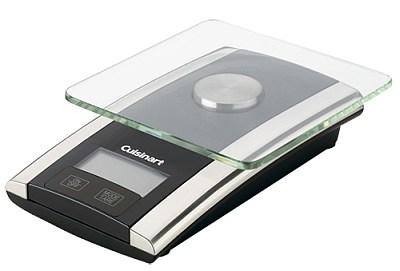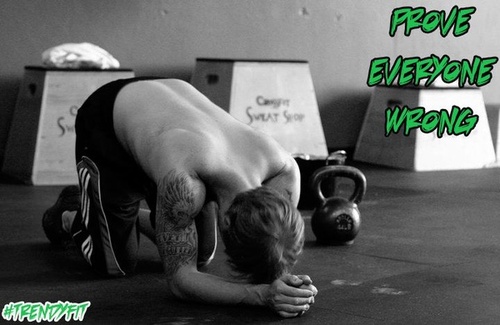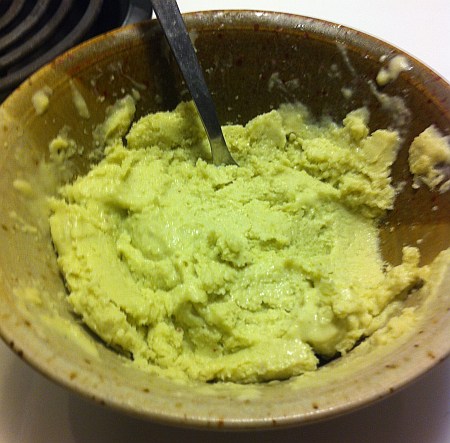As with any project, having the right tool is essential. Dieting is no different. Diet support tools may not prevent a dieter from eating chocolate cake, but they will help the dieter get a handle on how much chocolate cake he/she can have without blowing the diet (that would be a slither of cake).
These should all be obvious to everyone but still the tools aren’t the message it is instead the lifestyle choices that are the message and once you get those straight you should be able to always stay on track
Dieting Tools Everyone Should Own
Really there are three parts of your life that I think these fall into for you. Food portion control, attitude, and exercise. And realistically these dieting tools are all about tracking.
Kitchen Scale A kitchen diet scale is a must. Every reputable diet plan recommends measuring food in order to get a handle on portion control. Scales are about awareness. Kitchen scales can range from a small plastic cup on a base to expensive, programmable digital scales that provide full nutritional information.
A kitchen diet scale is a must. Every reputable diet plan recommends measuring food in order to get a handle on portion control. Scales are about awareness. Kitchen scales can range from a small plastic cup on a base to expensive, programmable digital scales that provide full nutritional information.
Prices go from $10 to $40, $100 or more. When buying a scale, select one that can be operated simply, has numbers that can be read easily, and is large enough to measure the portion of food you’re planning on eating. Note: When measuring foods such as meats, you want to get the measure after cooking, not while raw.
Measuring Cups/Spoons
They may be old fashioned but they work. Guessing at a half cup portion (especially if you’re hungry) is a lot riskier than measuring a half cup.
Dieters need to embrace portion control and only scales and measuring cups/spoons can provide an accurate view of food quantities. The more you measure your food, the more you are in control of your diet.
The dieter who believes he or she knows what a half-cup or three ounces looks like is the dieter who can’t seem to lose weight. Dieters who always measure and weigh their food eventually get a sense of portion control.
That doesn’t mean they should give up measuring and weighing; however, if they are in a social situation in which they do not have their scale with them, they may be able to gauge their quantities.
Diet and weight loss journals
Dieters must record what they eat in order to get a handle on what they’re doing right and wrong. Not only does a journal provide an alert against over eating, but also, surprisingly, it prevents the risk of under eating (i.e., perhaps those two cookies were not so bad!)
There are many online programs that will allow a dieter to records food intake and provide nutrition conversions. Some online program keep track of not only foods, but goals, exercise, weight and even sleep.
Calorie Counter
Often diet program provide their clients with handy calorie counters. For those who don’t have a calorie counter, they can be found in stores or on line. Guessing on calories is a foolish way to diet; know for sure how many calories are in that apple versus the apple pie.
A Pedometer
Every dieter should wear a pedometer and set a goal to achieve a certain number of steps daily. (Experts recommend a goal of 10,000 steps a day.) Like other diet tools, pedometers come in all sizes and shapes and technologies. Many record your steps on your computer. They are a great motivational tool to keep moving.
The gym
A gym’s not a tool per se. But to diet successfully, going to a gym can make a big difference.
Good walking shoes
Burning calories requires comfortable feet. Invest in a good pair of walking or running shoes and replace them every six months. Quality walking shoes are an important investment.
Body Weight Scale
Some diet plans advise against daily weigh ins. However, most dieters find it helpful to get on the scale at least once a week to track how they are doing.




